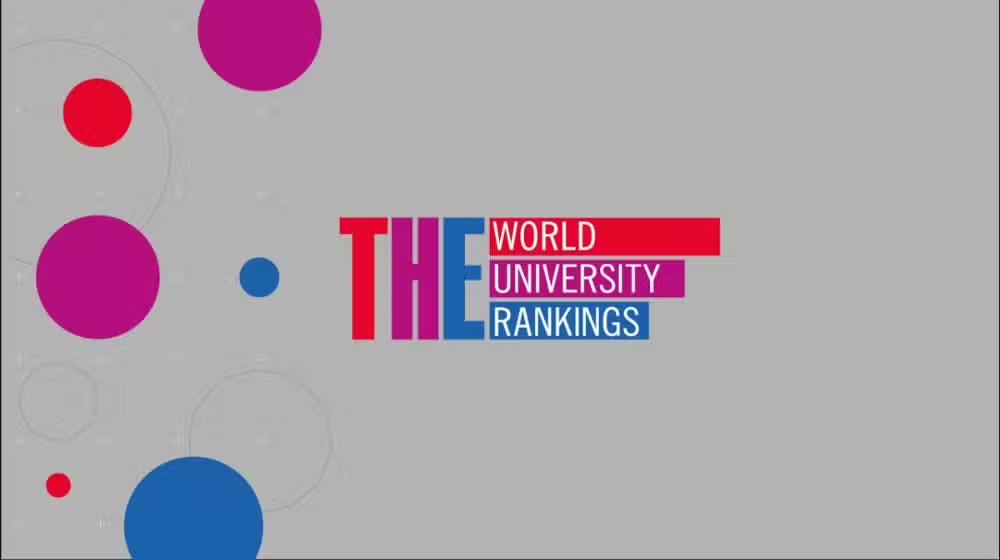
120 Pakistani Universities Feature in Times Higher Education Impact Rankings 2025
In a remarkable stride for the country’s higher education sector, 120 Pakistani universities have been featured in the Times Higher Education (THE) Impact Rankings 2025. This marks a significant increase in Pakistan’s representation, placing the country among the most actively participating nations in these sustainability-focused global rankings.
Understanding THE Impact Rankings
The Times Higher Education Impact Rankings assess universities worldwide based on their contributions toward achieving the United Nations Sustainable Development Goals (SDGs). These include goals such as quality education, gender equality, clean water and sanitation, affordable and clean energy, climate action, and partnerships for the goals, among others.
Rather than focusing solely on academic and research prestige, the Impact Rankings evaluate how institutions are serving society and contributing to global development efforts. Universities are scored across various indicators, including research output, community engagement, sustainable practices, and strategic partnerships.
Pakistan’s Growing Footprint
The inclusion of 120 Pakistani universities in the 2025 edition reflects a steady and deliberate effort from both academic institutions and regulatory bodies to align with global benchmarks. Compared to previous years, this is a substantial leap forward. Just a few years ago, only a handful of Pakistani universities appeared in the rankings.
This dramatic increase signals a broader cultural shift in Pakistan’s academic landscape, where universities are not only striving for academic excellence but also embedding social responsibility and sustainable development into their core missions.
Top-Performing Institutions
Among the high achievers this year is the University of Agriculture, Faisalabad, which earned recognition for its environmental sustainability and climate action initiatives. Its programs in eco-friendly agriculture and water conservation have significantly contributed to its global ranking.
Similarly, the National University of Sciences and Technology (NUST) has performed exceptionally well in categories related to clean energy and innovation. Its research on renewable energy solutions and sustainable engineering has attracted global attention.
Other notable institutions that consistently rank across multiple SDGs include Quaid-i-Azam University, COMSATS University Islamabad, Lahore University of Management Sciences (LUMS), International Islamic University Islamabad (IIUI), and Ghulam Ishaq Khan Institute of Engineering Sciences and Technology (GIKI). These universities have shown strong commitments to inclusive education, gender equity, and industrial innovation.
Strategic Collaborations and SDG Alignment
Many universities in Pakistan are actively partnering with national and international organizations to enhance their contribution to the SDGs. For example, some institutions have formed collaborations with organizations focused on hunger relief, health, sanitation, and environmental protection.
These strategic alliances have allowed universities to implement impactful community-based projects and expand their research capacity. Institutions like the International Islamic University Islamabad have secured positions among the top 200 globally in several SDG-related categories, reflecting their focused efforts in social impact areas.
Role of Government and Regulatory Bodies
The increasing presence of Pakistani universities in the Impact Rankings is closely tied to support from the Higher Education Commission (HEC) of Pakistan. The HEC has introduced various initiatives to encourage participation in international rankings and improve university standards across the board.
These initiatives include capacity-building workshops, financial grants for research, and programs aimed at improving governance, faculty training, and innovation. Universities have been guided to establish internal ranking cells and develop strategies that align with the SDGs.
Moreover, the establishment of Offices of Research, Innovation and Commercialization (ORICs) at several universities has further enabled them to generate meaningful, application-oriented research with measurable community impact.
Challenges and Future Directions
While the progress is commendable, challenges remain. Many smaller or regional universities face constraints such as limited funding, lack of infrastructure, and inadequate data collection systems. These hurdles can affect their ability to participate effectively in global rankings or implement large-scale sustainability projects.
However, the momentum generated by the 2025 rankings indicates a positive trend. More universities are expected to develop integrated approaches that blend academic pursuits with sustainability and social equity in the years to come.







